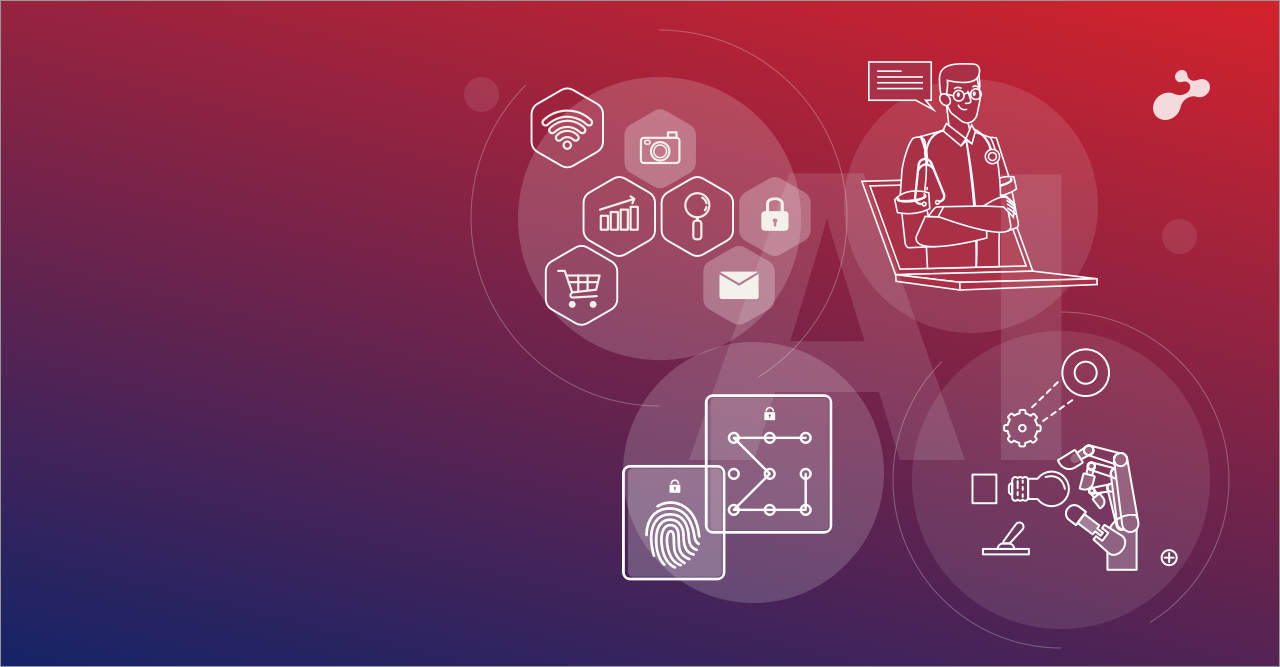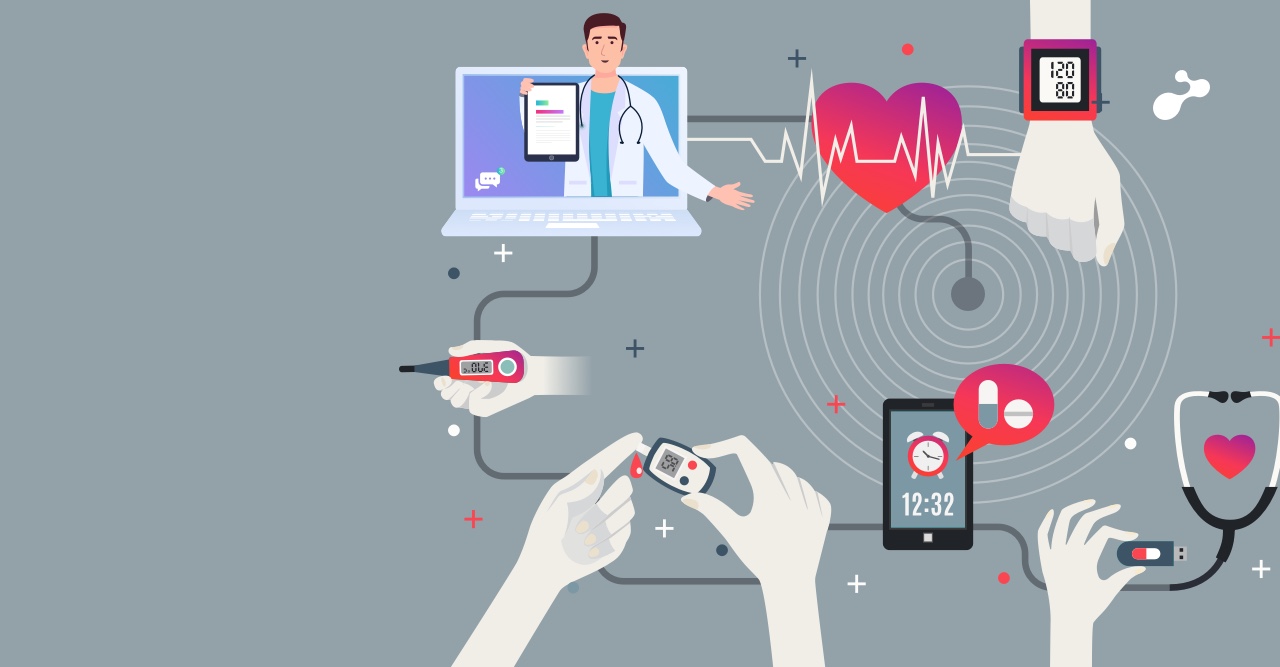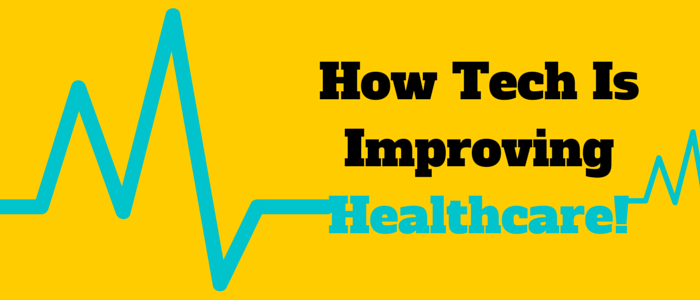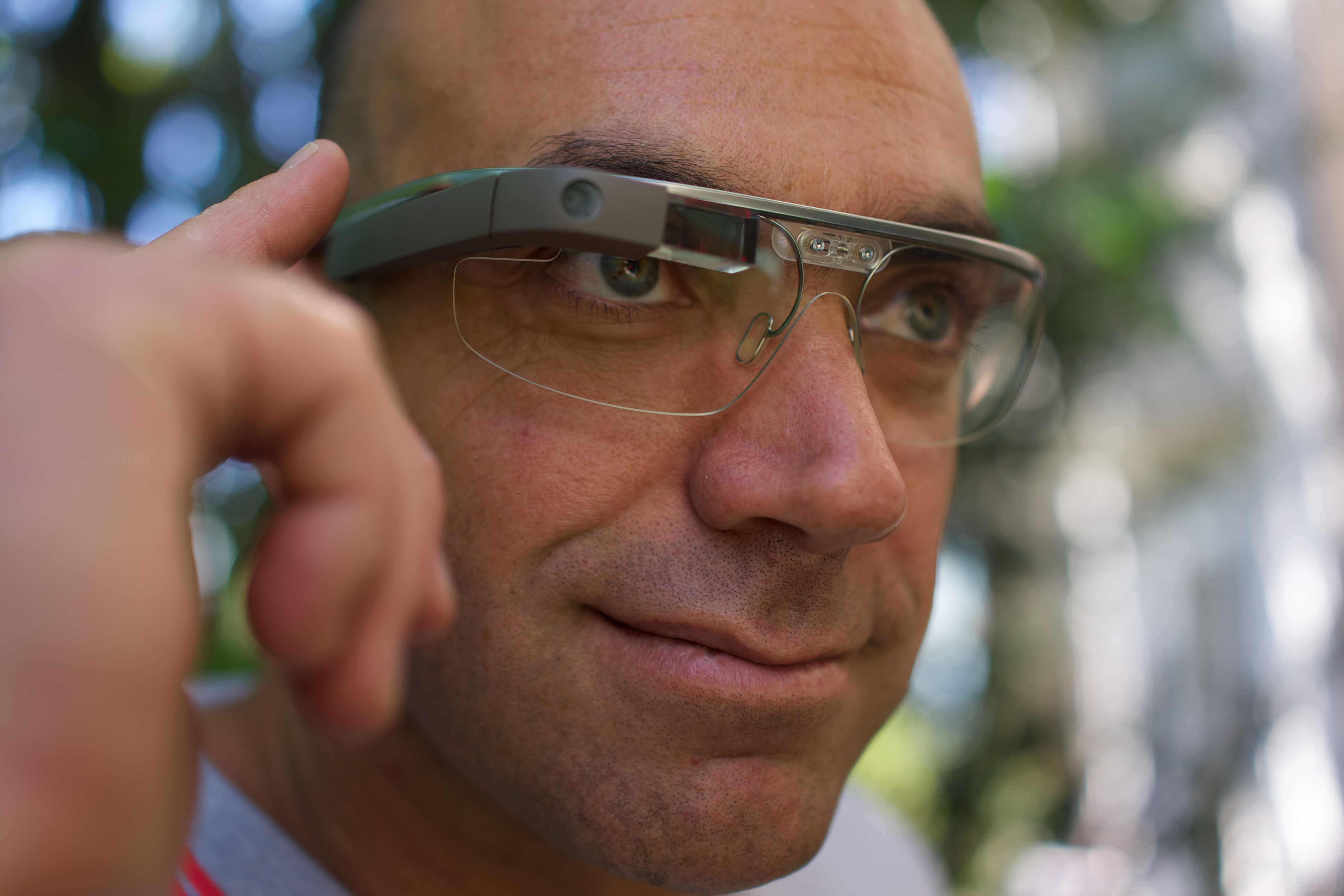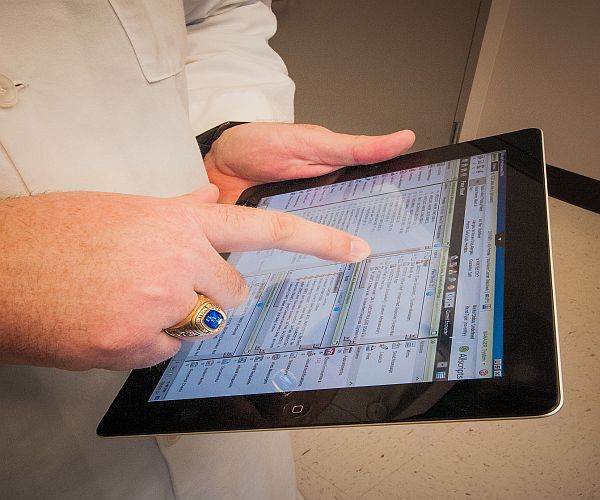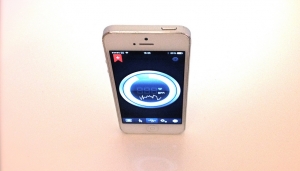EHRs (Electronic Health Records) were introduced to reduce the paper work of physicians and nurses and help them to concentrate more on their practice. But EHRs really saving time of doctors? More importantly, how many physicians are really using EHR?
There are more such pressing questions answers of which are yet to be found. EHRs were implemented to improve quality of care but they haven’t found widespread adoption. There are some primary reasons for this trend:-
Patient Information Security: Patient information is not secure as access to this information is easy. Doctors want security and access parameters to patient records.
Poor User Interface: User Interface plays a crucial role for any software or application adoption. Poor User Interface makes physicians spend more time on EHRs rather than on patient. To avoid such problems, User Interface should be as simple as possible.
Preference to Paper Work: Many physicians still prefer paper work over EHR as EHR comes with too many options, unwanted features and interoperability issues. These options can be categorized and common options should be grouped and features which are not necessary should be omitted.
Computer Proficiency: No two hospitals are same. Computer proficiency differs from hospital to hospital. Computer proficiency is directly proportional to EHR adoption.
Cost: Adoption and implementation cost of EHRs are very high. The maintenance part is also an expensive affair. There should be an alternative to minimize these costs. Hardware and software requires also require up gradation on regular intervals.
Affects Productivity: Implementation of EHR results in temporary loss of revenue which in turn affects the productivity. Productivity is also affected till the healthcare providers get used to EHRs.
While these are some areas of concern for healthcare providers, there is little doubt that EHRs are quickly becoming an indispensable tool by reducing human errors and making life easy for doctors.
EHR helps physicians through:-
Access to records: EHR allows quick access to patient records. It gives all patient history, medical information on a single click. It provides physician updated information about patients and avoids duplication of records.
Productivity: Implementation of EHR affects the productivity during initial stages, but it increases the productivity of physicians once they are used to it. Physicians are becoming more and more dependent on EHRs to access patient information anytime.
Technology: Many companies are making use of the latest technologies to enhance the HER experience. Now physicians can access patient information through their phones and tablets anytime, anywhere.
Sharing Information: It is really easy to share information of patients through EHR. This electronic information can be shared securely with patients and other physicians.
While there are areas of concern, EHRs are a boon to the medical fraternity. People in this space only need to think better about the concern areas. A little smart thought and EHRs will be well on their way to become a perfect system for physicians.

.jpg)


